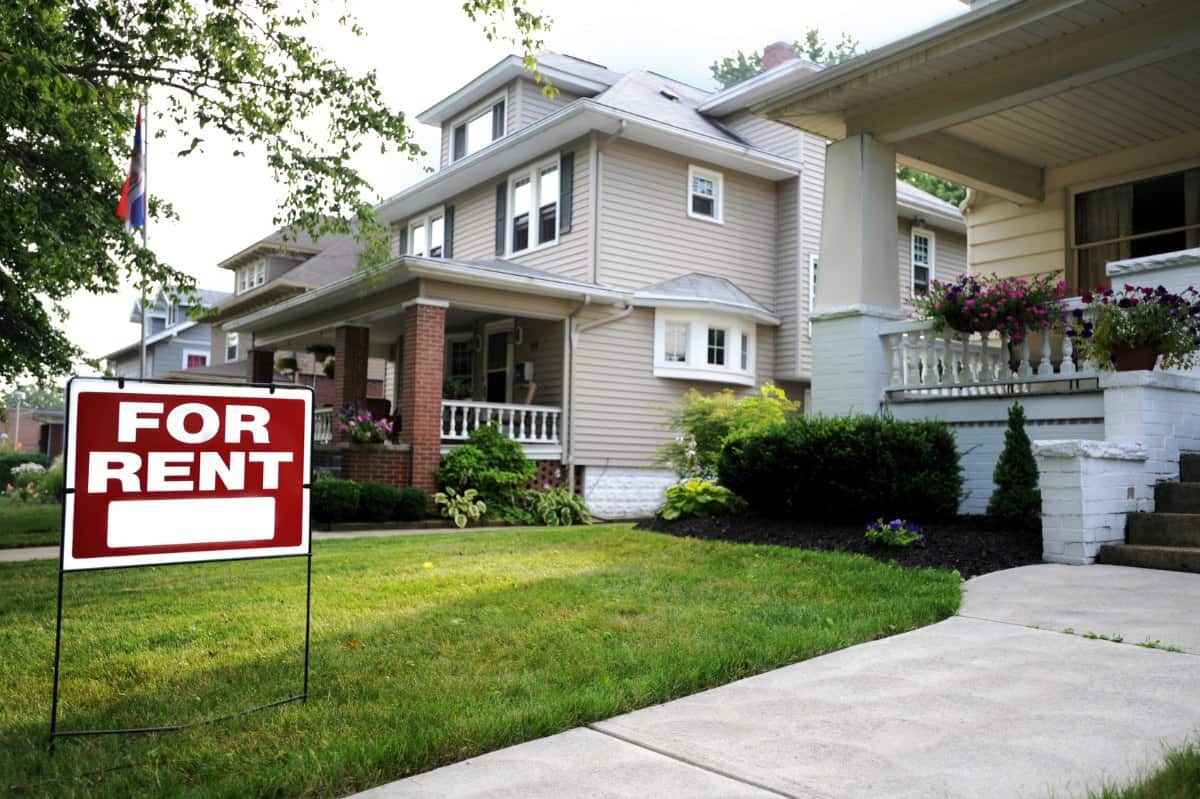
Millennials are changing what it means to have “The American Dream.” Instead of children and houses we want tiny homes and to travel the world. Lifestyle aside, if you’re a millennial and considering buying your first home, there’s likely a long list of reasons why you want to do so: moving in with a partner or spouse, putting down roots and being able to customize a space exactly how you want it, and of course, financial stability.
While the picture of the carefree millennial who doesn’t want to be tied down by a mortgage may hold true in some circles, the reality is that many would-be buyers may be unable to afford a first home, or worry that it isn’t a great money move. But what if the very things that keep us away from homeownership (the desire to be mobile, expensive upkeep) are reasons we should buy homes? Here are two ways to make your first home purchase a big financial win.
1. “House Hacking”: The Ultimate Passive Income Hustle
Aside from reaching a significant financial milestone, the biggest bonus when purchasing a home (from a financial perspective) is that when you buy you stop throwing away money on rent, and can begin making money: either by ensuring the home’s resale value goes up (great for those who want to purchase in up-and-coming neighborhoods) or if you decide to rent rooms in the house itself. This is called “house hacking,” and it’s what happens when you own the home and live in it as your primary residence while renting out the basement or other rooms in the house.
This method is a fantastic way to lower your cost of living so you can take bigger risks, like starting your own business or paying off debt. If living in the home is just for the short term while you recoup money on the investment, you can turn the home into a full-time rental after you move out. First time home buyers that are “owner occupants” can qualify for additional tax incentives and down payment assistance programs which can put many into a first home for less than what they’d pay on first and last month’s rent in an apartment.
Keep in mind: In order to recoup costs it at least needs to be a property you can sustain/live in for five years. This is typically considered the break-even point between closing costs, taxes and interest on the home.
2. Traditional Investor-renter Arrangement
A traditional investor-renter arrangement involves buying a home you don’t intend to live in and renting out the entire house at a profit. This may net you more money in the long run than house hacking (or not buying an investment property at all), but be aware of the responsibilities that come with being a landlord.
Keep in mind: Maintenance/upkeep or property management fees will eat into your net profit!
Why You Should Be Buying/Investing/Hustling Now
Becoming a homeowner doesn’t have to cramp your lifestyle. If done correctly, investing in a first home can be a great money move! Have you thought about what an extra wad of cash would do for your budget’s bottom line each month? What would you do with an extra $400? An additional $700?
Would you pay off debt? Save for retirement? Travel? More money equals more freedom and possibilities; homeownership is a wealth/lifestyle building tool. Aside from extra cash, there are many other financial benefits to owning/investing in a home: tax deductions on all mortgage-related interest, as well as no capital gains tax on earnings from homes lived in as a primary residence for over two years. Buying now also means you’ll save money and benefit from recovering interest rates. With the election and economic uptick, who knows what type of interest rate you’ll get in the next two years?
As an added bonus, if you’re a first-time buyer with no other properties, you may qualify for lower down payment mortgages, including an FHA loan offered exclusively to first time buyers, where it only takes 3 to 5 percent of the purchase price to get into the home. Typical investors always have to pay 20 percent or more.
Many enterprising millennials are now considering homeownership as a way to side hustle (make more money on the side in additional to a full-time job.) This extra cash can be used for paying off hefty student loans, funding your next career move or to make more room in the budget for the lifestyle and values that make you happiest.
In order to be the most money savvy you can be, homeownership still makes great financial sense.



























 United States
United States Canada
Canada